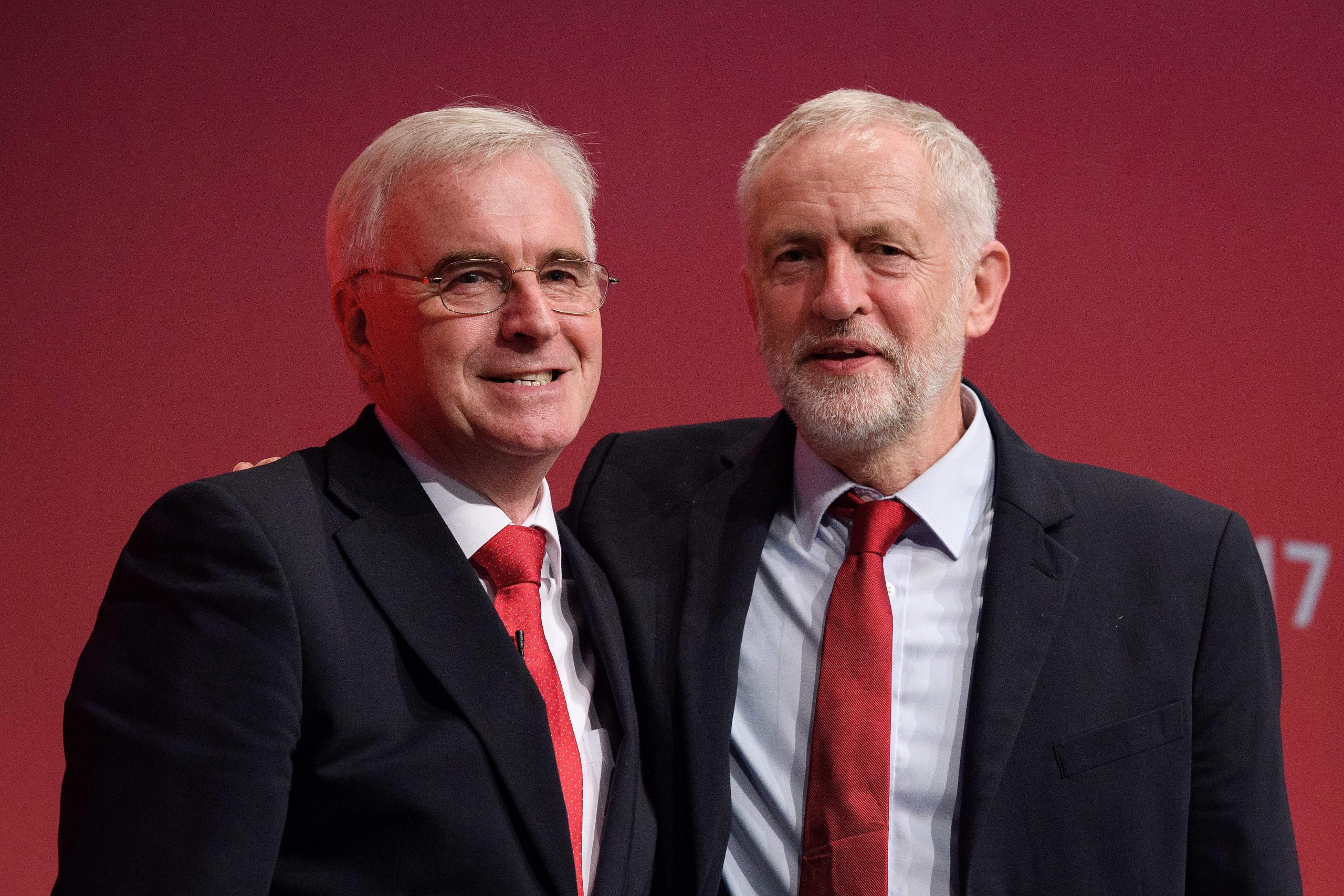
At the 2015 general election, the Conservatives denounced Labour for wanting to “borrow forever” and “crash the car again”. Unlike the Tories, Ed Miliband and Ed Balls did not pledge to achieve a budget surplus but to invest – in housing most of all. This was mainstream economics. Keynes long ago recognised that governments can raise long-term growth and productivity by investing in infrastructure (just as individuals borrow for a mortgage). But David Cameron and George Osborne derided this approach as economic lunacy (leaving their opponents scared to use the B-word: borrowing).
More than two years later, Labour is championing investment under Jeremy Corbyn and John McDonnell. But such demands no longer emanate from only one side of the Commons. Communities Secretary Sajid Javid, once renowned as a dry Randian, has called for Philip Hammond to announce £50bn of housing investment in next Wednesday’s Budget. At yesterday’s PMQs, Javid’s demand was echoed by Tom Tugendhat, the foreign affairs select committee chair, who urged Theresa May to “invest in our economy even more than she is already, and perhaps take the chance to build more homes”. Another Conservative backbencher, Ben Bradley, called for the government to “start to invest again” and warned that “austerity is grating on people”. How did an idea only recently denounced as extreme become increasingly mainstream?
“When the facts change, I change my mind,” said Keynes. “What do you do, sir?” And the facts have changed. At the 2017 election, having modified rather than abandoned austerity, the Conservatives lost their cherished majority. As some Tories have now recognised, it’s hard to sell capitalism to those without capital. The imperative is now to invest in housing.
The Tories’ surplus target, as Labour long predicted, has been continually delayed (from 2020 to 2025), rendering it increasingly meaningless. If a surplus can’t be achieved until the middle of the next decade (by which time the Conservatives may well have been evicted from office) what incentive is there to maintain austerity?
Labour’s full-throated commitment to investment has widened the “Overton window” (the spectrum of ideas deemed politically acceptable). Next to McDonnell’s £250bn “national transformation fund” (albeit spread over a decade), Javid’s demand for £50bn sounds modest. But Hammond, a committed fiscal conservative, has no intention of embracing this proposal in the Budget. The Tories thus risk being stranded in a political no-man’s land: neither fully for nor against austerity. But not before time, in the country which invests less than any other G7 member, a saner economic debate is beginning.






